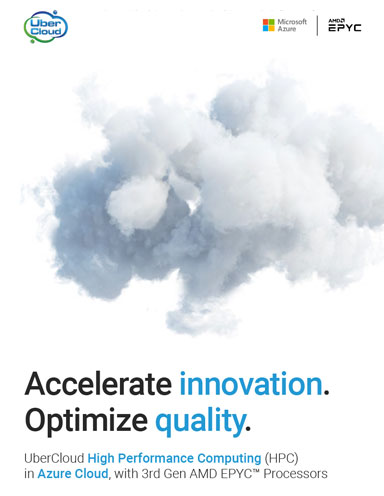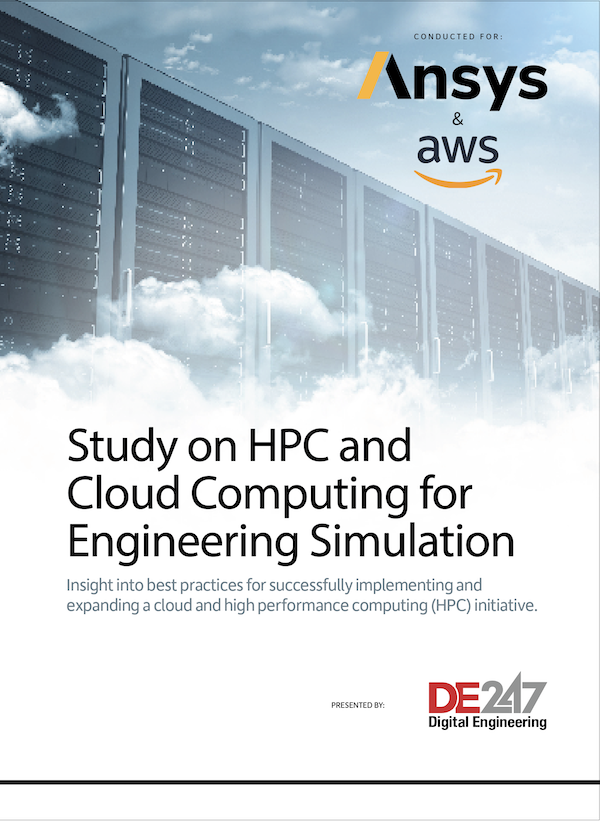Azure Data Explorer Now Uses AMD EPYC Processor-Based Virtual Machines
AMD EPYC processors offer 30% better performance on data analytics workloads to Microsoft Azure Data Explorer users, AMD says.
Latest News
October 19, 2020
AMD has announced Azure Data Explorer, a Platform as a Service (PaaS) solution optimized for data exploration and near real-time analytics, will now offer customers access to Microsoft Azure Virtual Machines featuring AMD EPYC processors.
In a collaboration between AMD, Azure compute and Azure Data Explorer, the Azure Data Explorer service is now offering the AMD EPYC processor based Azure Dav4, Eav4, Easv4 and Lsv2 VMs for use. The family of AMD EPYC processor based Azure VMs enables Azure Data Explorer customers to gain up to 30%–50% more performance on data analytics workloads for the same cost. With this performance and efficiency, Azure Data Explorer customers can improve the real-time analysis on large volumes of data streaming from applications, websites, IoT devices and more.
“The uplift in performance and efficiency capabilities provided by the AMD EPYC powered VMs on Microsoft Azure Data Explorer is another great proof point of the performance capabilities of our processors,” says Dan McNamara, senior vice president and general manager, Server Business Unit, AMD. “The AMD, Azure and Azure Data Explorer teams worked diligently together to provide this performance uplift for Azure Data Explorer, giving customers more capabilities to identify patterns, anomalies and trends in their data to make better business decisions.”
“As one of the largest workloads running on Azure and the analytical store for Microsoft online services including Office, Windows and other internal properties, Azure Data Explorer is one of the most demanding services available and the AMD EPYC VMs have stood up to that challenge,” says Uri Barash, principal group program manager at Microsoft Corp. “Their performance combined with the software innovations with the latest version of Azure Data Explorer gives our customers even more performance and capabilities while they are running real-time analytics on huge volumes of data.”
Azure Data Explorer customers can now take advantage of the AMD EPYC processor based VMs for the data analytics service. You can read more and sign up to use Azure Data Explorer and AMD EPYC processors here.
Supporting Resources
- Learn more about AMD EPYC processors for Azure.
- Learn more about Azure Data Explorer and EPYC.
- Learn more about AMD EPYC performance on Azure VMs.
Sources: Press materials received from the company and additional information gleaned from the company’s website.
More AMD Coverage

Subscribe to our FREE magazine, FREE email newsletters or both!
Latest News
About the Author
DE’s editors contribute news and new product announcements to Digital Engineering.
Press releases may be sent to them via DE-Editors@digitaleng.news.







